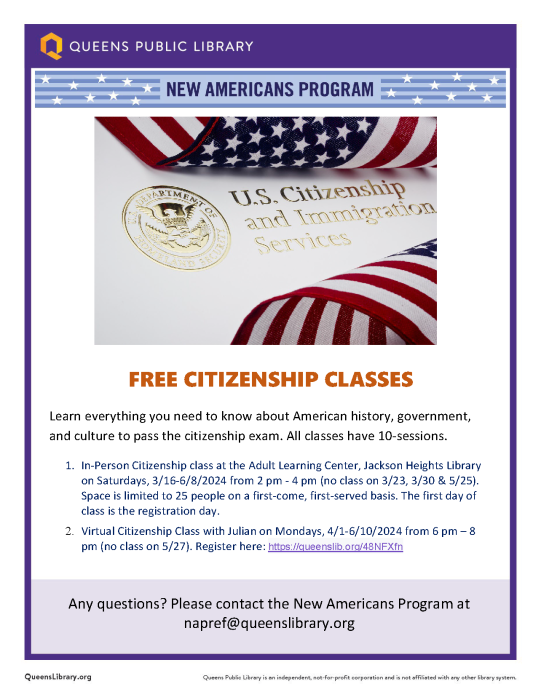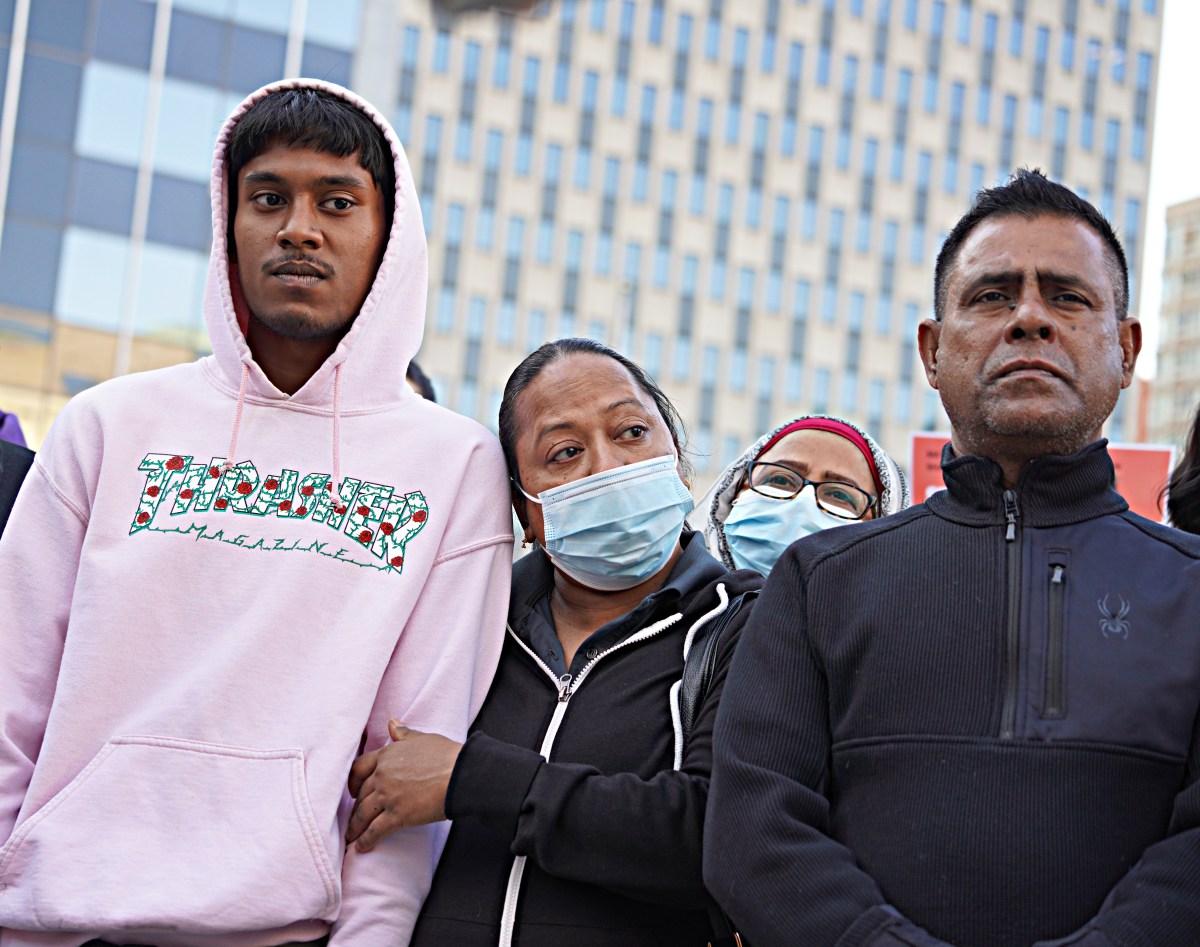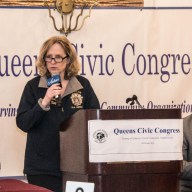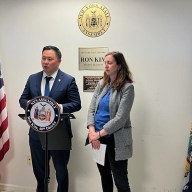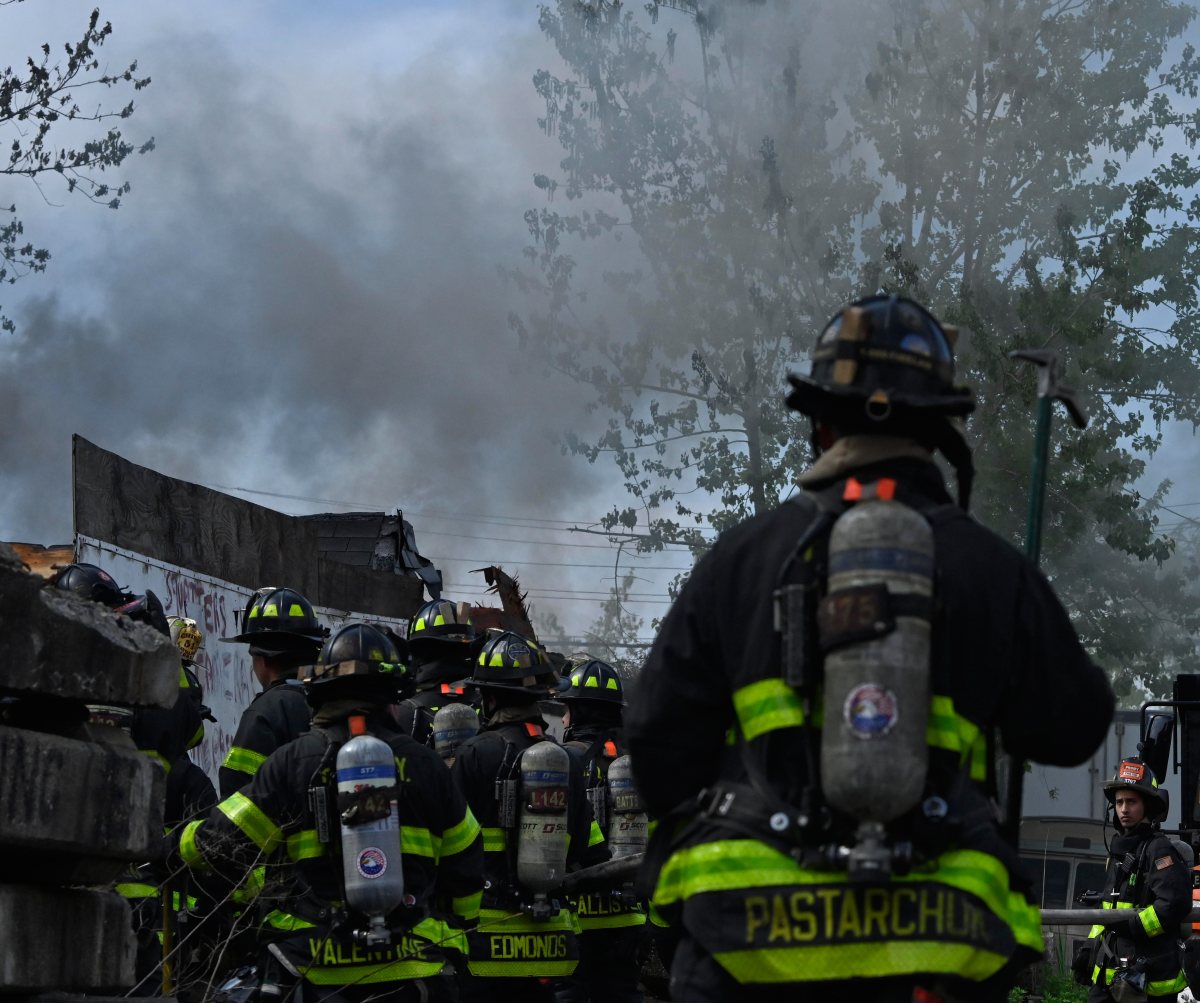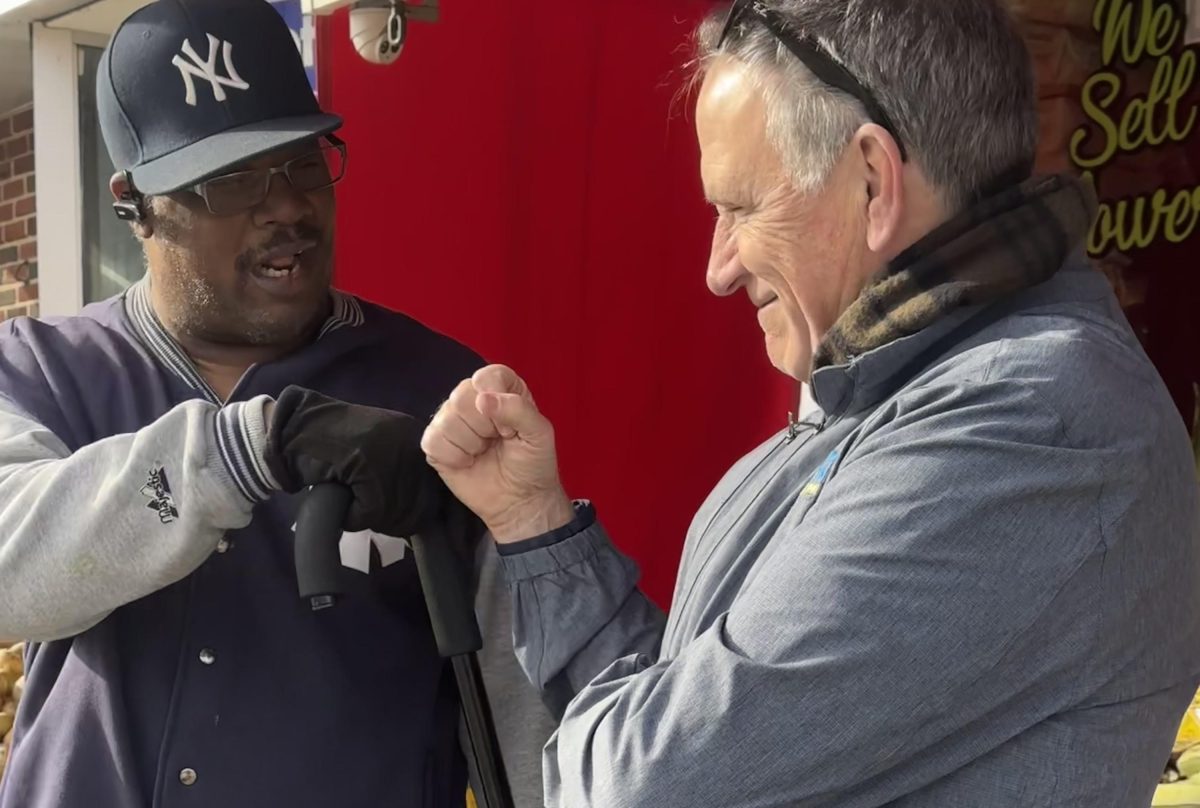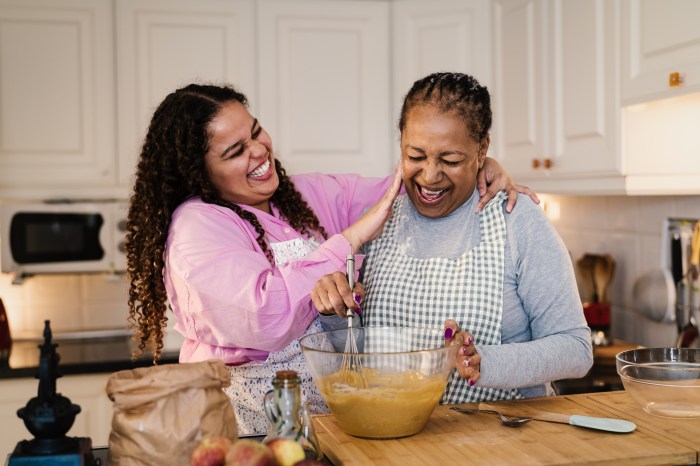Orange pumpkins and the leaves changing colors may signify the start of fall, but there are also pink ribbons flying high, as October is Breast Cancer Awareness Month.
In conjunction with National Mammography Day on Friday, October 16, Breast Cancer Awareness Month serves to promote awareness and educate women on breast cancer issues.
“It is easy in today’s busy world to forget to schedule regular check-ups. Marking this day on your calendar each year will help women stay healthy,” said Queens State Senator Toby Ann Stavisky.
However, many feel that scheduling a mammogram is only a small part of the fight against breast cancer, which accounts for more than 25 percent of cancers diagnosed in women in the United States, according to the American Cancer Association.
“Breast cancer awareness now has to include behavior modifications,” said Karen Miller, founder and president of the Huntington Breast Cancer Action Coalition (HBCAC) in Huntington, Long Island. “Knowing products you’re using around your house is as important as very good screening, a good relationship with your medical provider and knowing your own body.”
Miller, a breast cancer survivor, added that screening is only one aspect of breast cancer awareness. She emphasized the importance of knowing about certain products in the home that could trigger the cancer.
“People need to be educated and active participants in their families’ health,” she said. “Basically that requires encouraging our children to know their own bodies, having qualified medical providers, knowing what you’re purchasing that could actually trigger disease and reducing those exposures.”
Breast Cancer Awareness Month also urges women to not only schedule mammograms, but also encourages them to conduct self-check exams.
“Doing self-check exams and mammograms are so important,” said Debra Rapisardi, a three-year breast cancer survivor. “If you’re not doing self breast exams or mammograms, you can lose a lot of time.”
Rapisardi added that if diagnosed, getting a second opinion is also crucial.
“That’s the most important thing, get a second opinion. Make sure you make a list of questions, bring it with you and make sure they answer it for you. And if you’re not sure, ask again!” she said.
Many advocacy and breast cancer awareness groups are willing to help women diagnosed with breast cancer, especially with financial hardships.
“All of our money goes towards helping women with financial difficulties,” said Donna Hall, founder/director of the Kathy Tugaw Breast Cancer Foundation. “We provide transportation, pay their monthly insurance premiums so they don’t lose coverage and other things. Some women don’t have that kind of money or support,” she said.
Hall also strongly encouraged women to be aware of their own bodies through self-check exams.
“Cancer isn’t for people over 50 anymore. Being young, family history plays a lot into it. That’s why we push for self-check breast exams monthly. Anything is possible,” she said.
Miller strongly urged women to be involved not only in their own health but also in the health of their loved ones.
“We can’t wait [for the cure]. Prevention is the cure,” she said.


